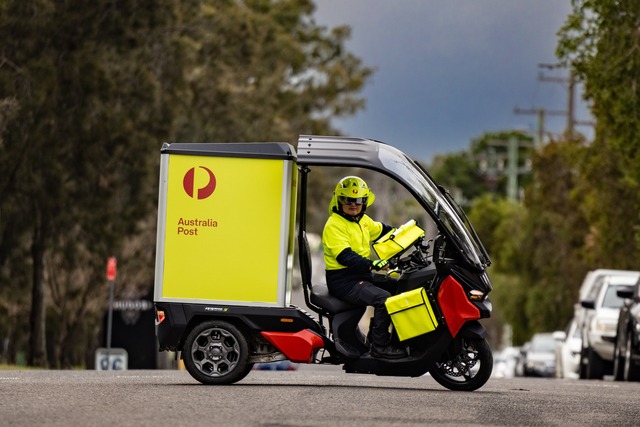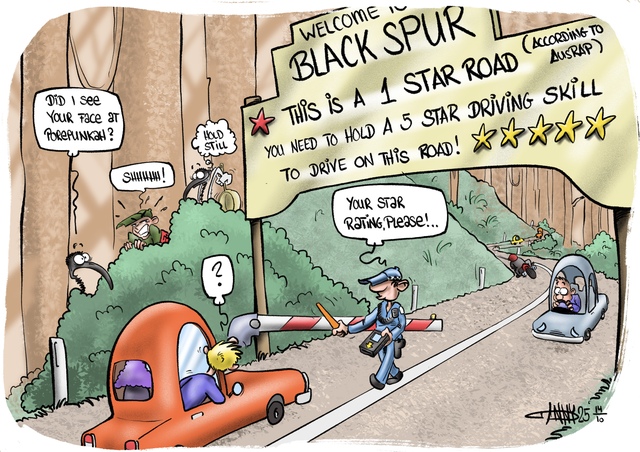By Mara Pattison-Sowden
YARRA Valley farmers who are already struggling will soon be under further pressure with Chinese trade of apples approved two weeks ago, and New Zealand hot on their heels.
The World Trade Organisation rejected an appeal at the beginning of December on its decision to allow New Zealand apples to be imported into Australia.
Industry representative Apple and Pear Australia Ltd is concerned that fire blight, a serious bacterial disease of apples and pears, was not properly looked at during the import risk analysis on New Zealand, but the Australian Government’s Department of Agriculture has accepted the WTO decision.
Three Bridges apple grower Kevin Sanders said the implications for importing apples could be enormous.
“There will be a number of growers that won’t manage and are struggling now,” he said.
“A lot of them haven’t had a successful couple of years, without exports.”
Mr Sanders said although New Zealand could take a few years to meet Australia’s quarantine regulations, “we could see Chinese apples by just after Christmas”.
“There’s been no great restriction on Chinese fruit – we’ve had pears here since 2000,” he said.
“New Zealand thinks the issue is about trade, but it’s disease we worry about.”
Mr Sanders said although the chance of Australia contracting fire blight was bleak, it could not be ruled out.
“Next year it could come, in 10 years it might come, but in 30 years we will get it”.
But he said farmers always had the opportunity to become more efficient, and when the going gets tough, the growers find answers.
“Have growers got the time and capital to explore options? I don’t know,” he said.
“But there’s no reason to become despondent over it.”
Representing Australian Owned businesses, Ausbuy CEO Lynne Wilkinson said Australia needed to look at its labelling laws to show the true country of origin of foods and allow consumers the right to support Australia’s long-term interests.
“You cannot carry fruit between states in Australia, yet we are going to allow imported apples from New Zealand, which could decimate what is left of our apple industry,” she said.
“Our own scientists are under resourced and we rely on overseas countries and companies to tell us what is good for us when we are the ones who stand to lose our greatest competitive advantage – our clean green growing environment.
“Our farmers are among the most skilled and productive in the world, meeting the highest standards and growing protocols, and unlike other countries our farmers are not subsidised.”
Apple upset- Three Bridges orchardist Kevin Sanders talking to industry experts about the future of apples. 58398
Digital Editions
-

Millgrove magic at MRAG Open Day
The magic of Millgrove left its community feeling “fuzzy and beautiful” after around 500 people took part in this year’s Millgrove Open Day. Organised by…





